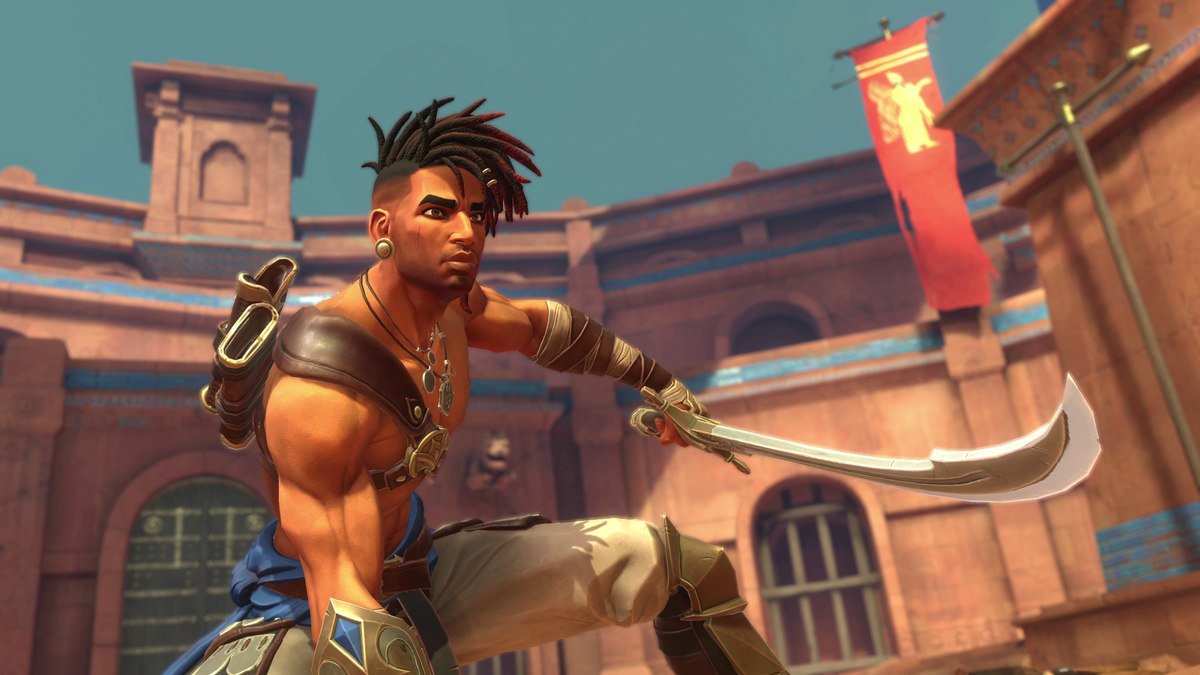- cross-posted to:
- pcgaming@lemmy.ca
- technology@lemmit.online
- cross-posted to:
- pcgaming@lemmy.ca
- technology@lemmit.online
Larian director of publishing Michael Douse, never one to be shy about speaking his mind, has spoken his mind about Ubisoft’s decision to disband the Prince of Persia: The Lost Crown development team, saying it’s the result of a “broken strategy” that prioritizes subscriptions over sales.
Prince of Persia: The Lost Crown is quite good. PC Gamer’s Mollie Taylor felt it was dragged down by a very slow start, calling it “a slow burn to a fault” in an overall positive review, and it holds an enviable 86 aggregate score on Metacritic. Despite that, Ubisoft recently confirmed that the development team has been scattered to the four winds to work on “other projects that will benefit from their expertise.”
This, Douse feels, is at least partially the outcome of Ubisoft’s focus on subscriptions over conventional game sales—the whole “feeling comfortable with not owning your game” thing espoused by Ubisoft director of subscriptions Philippe Tremblay earlier this year—and the decision to stop releasing games on Steam, which is far and away the biggest digital storefront for PC gaming.



Oh yeah, I understand. I was just trying to describe the difference between ownership and a perpetual license in overly simplified terms. Also, can you think of any examples of digital goods that retain first sale doctrine? With physical disks at least a second hand market still exists for that very reason, but I can’t think of any digital media that allow resale. I would love to be wrong!
Microsoft actually was going to allow that starting with the Xbox One.
IIRC, the way they were going to implement it would be to make a license transferrable X times a year. They were also going to allow free sharing of digital games to friends that had been on your friends list for at least 30 days.
But then people freaked out over it when they showed it off at the Xbox One reveal due to the fact that digitally-purchased games would have always-online requirements to keep people from duplicating games by installing them, disconnecting from the internet, then logging in elsewhere and sharing the game with a friend.
So after the backlash they pulled the plan. And that really stinks because they still have always-online requirements for digital games. You just can’t sell or share them now.